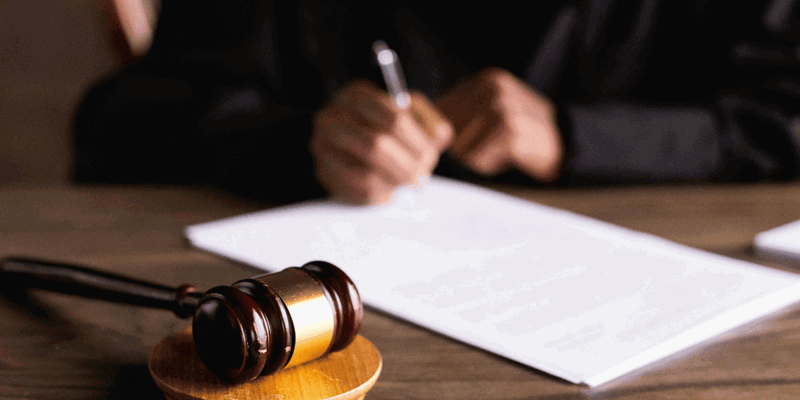
Commonhold: what's the direction of travel?
Back in 2020, the Law Commission published its report on Commonhold following a call by the previous Government to recommend reforms to reinvigorate it.
Surprisingly, there are reportedly only about 20 Commonhold developments across the country despite Commonhold being introduced as far back as 2002 with the enactment of the Commonhold and Leasehold Reform Act 2002. In this article, senior associate Laurent Vaughan explains what Commonhold is, its current shortcomings and how these might be addressed in the future.
What is Commonhold?
Before we dwell any further, it is important to define what Commonhold actually is.
Commonhold is a form of property ownership which enables individuals to own the freehold of their unit within a multi-occupancy building, such as a flat, while sharing ownership and responsibility for common areas and services. Commonhold aims to provide a more transparent and equitable form of property ownership compared to leasehold, where owners often face issues with onerous ground rents, short leases and management fees.
The main features of Commonhold
- Freehold ownership. Each unit owner holds the freehold title to their property, outright and indefinitely.
- Commonhold Association. All unit owners are members of a commonhold association, which is responsible for managing and maintaining the common parts of the building.
- Collective decision-making. Decisions about the management and upkeep of the building are decided jointly by the unit owners.
- No lease expiry. In essence, the value of the flat will no longer be diminished due to it being an asset with a short lease.
The above features sound quite attractive, which begs the question as to why it has not taken off.
What are the drawbacks of Commonhold in its current form?
- Conversion challenge. There remains a logistical nightmare in obtaining consent from all that have an interest in the property, from flat owners, their lenders and freeholders. This is particularly poignant pertinent in larger buildings.
- Lack of awareness. There is a perceived lack of awareness and understanding of Commonhold among property investors and lenders who are reluctant to advance mortgages.
- Unattractive proposition to developers. It does not enable the building to be disposed of separately nor the collection of any ground rent, thereby depriving developers of an additional revenue stream.
- Management challenges. Commonhold requires unit holders to participate in the management of the property, which can be a deterrent for those who prefer a more hands-off approach, particularly, those flat owners who do not reside in the building.
- Enforcement powers. Commonhold Associations lack enforcement powers to recover Commonhold costs (e.g., unit holders’ contributions towards repairs, maintenance and insurance).
What happens next?
The new Labour Government has been making a lot of noise about abolishing the system of leasehold ownership. Matthew Pennycook, its Minister at the Ministry of Housing, Communities and Local Government, recently announced that they intend to publish a fresh Leasehold and Commonhold Bill in the second half of 2025, with a view to transition away from leasehold.
The nature and scope of their proposals remain to be seen, but it is hoped that they will help remedy the uncertainty around leasehold ownership currently curtailing the housing market.
Laurent Vaughan is a senior associate in the property law and conveyancing team. He specialises in collective enfranchisement, right of first refusal and lease extension matters.
Get in touch
If you would like to speak with a member of the team you can contact our property law solicitors by email, by telephone on +44 (0)20 3826 7519 or complete our enquiry form.




